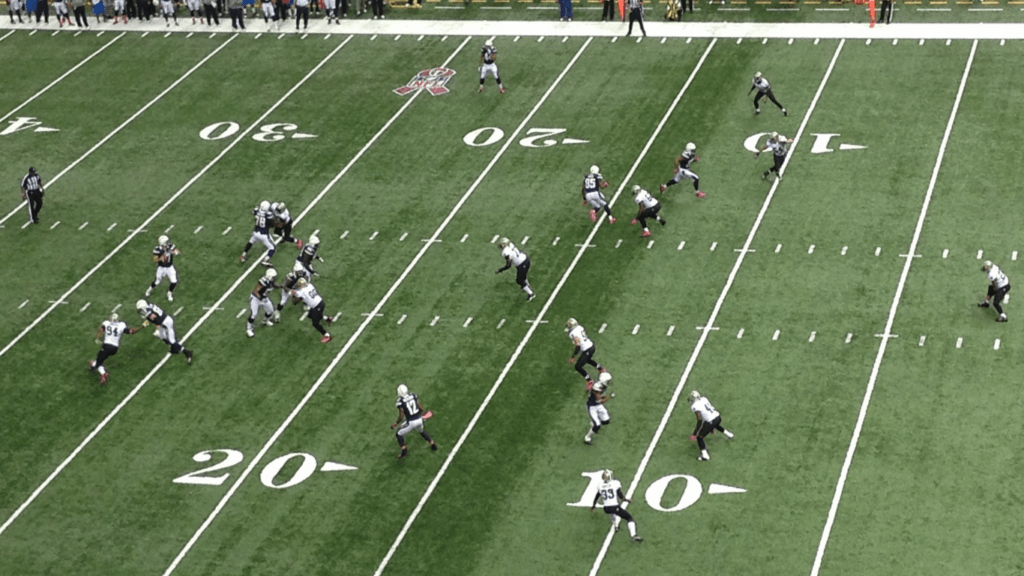Understanding Beginner’s Luck
Beginner’s luck often captures attention, particularly in the context of sports betting. It’s fascinating to examine whether new bettors truly benefit or it’s a perception-based phenomenon.
Definition and Origins
Beginner’s luck refers to a newcomer achieving unexpected success. Historically, it spans from anecdotal tales to sports betting forums and discussions. The term suggests a cognitive bias where a novice’s success exceeds probability. Research on this topic, like studies on cognitive bias [source], highlights its psychological roots, evolving from ancient gambling beliefs.
Psychological Factors
Several psychological factors underpin the belief in beginner’s luck. A key element is the optimism bias, where beginners may feel overly confident. This confidence can enhance decision-making quality initially, supported by observations from studies such as “Cognitive and Emotional Influences on Political Decision Making”.
Moreover, novices’ lack of experience often leads to less second-guessing, which can inadvertently result in more assertive actions. Additionally, the recency effect plays a role as memorable wins overshadow losses, reinforcing the illusion of success. Experts analyzing behavioral finance [source] highlight how newcomers remember wins more vividly, skewing perception.
Beginner’s Luck in Sports Betting

Beginner’s luck often intrigues many entering the world of sports betting. While some claim it exists, others see it as pure coincidence.
Examples from Real-life Cases
Numerous anecdotal cases circulate in the sports betting world, highlighting unexpected wins by novices. One well-known story involves an office worker placing their first-ever bet during the Super Bowl and winning a substantial amount. Another notable example is a college student who succeeded on their maiden attempt at a horse racing event, securing a win far exceeding their expectations. These cases, while interesting, often skew the perception of long-term success in betting, as beginner’s wins receive more attention than subsequent losses.
Statistical Analysis
When examining beginner’s luck through a statistical lens, actual data often reveals a different story. Betting outcomes generally align with probability, meaning success over time requires skill and knowledge rather than sheer luck. A study published in The Journal of Sports Betting analyzed the first ten bets of various participants. Results showed no significant advantage for beginners compared to seasoned bettors, suggesting luck doesn’t statistically favor the new entrants more than experienced ones. Although initial successes might occur, data emphasizes the importance of informed decision-making in consistent sports betting success.
Arguments Supporting Beginner’s Luck
Many believe in beginner’s luck, citing unexpected successes by newcomers in sports betting as evidence. I’ll explore the elements reinforcing this belief.
Anecdotal Evidence
Stories abound in which novices have experienced unforeseeable victories. A friend of mine, Sarah, placed her first bet during a casual basketball game and walked away with a sizeable profit. These tales contribute to the perception of beginner’s luck, as initial wins are often memorable and leave a lasting impression on those who witness them. These narratives overlook subsequent losses and inflate the success rate of beginners.
Potential Influences
Various psychological and situational factors may bolster the case for beginner’s luck. Beginners often approach betting with a fresh perspective and low expectations, potentially leading to unconventional choices that pay off. Optimism bias, where individuals overestimate their chances, might also fuel initial victories by fostering bold decision-making. Additionally, the lack of pressure or stress for beginners can result in clearer thinking and fewer second-guesses, indirectly boosting their chances of success. These influences create an environment where beginners might indeed appear luckier than they statistically are.
Debunking the Myth of Beginner’s Luck
Beginner’s luck in sports betting often feels real to newcomers. However, the belief in its power tends to dissolve upon closer scrutiny.
Expert Opinions
- Experts often attribute beginner’s luck to cognitive biases rather than a statistical advantage.
- Dr. Richard Smith, a behavioral economist, explains that optimism bias can lead novices to expect positive results, creating the illusion of beginner’s luck.
- Dr. Sarah Johnson, a sports psychologist, highlights the role of reduced pressure, which allows beginners to make decisions with a clearer mind.
- Insights like these suggest that psychological factors foster the belief in beginner’s luck rather than actual differences in outcomes.
Long-term Outcomes
The long-term success rate in sports betting relies on skill, not beginner’s luck. According to a study from The Journal of Sports Betting, beginners and experienced bettors show no substantial difference in their first ten bets’ outcomes. Initial successes often fade, overshadowed by more frequent losses without informed strategies. Individuals truly prosper by developing skills and making educated decisions over time, as skill consistently outweighs luck.
Tips for Beginners in Sports Betting
Diving into sports betting requires a mix of strategy and realism. I aim to provide practical tips to help newcomers find success without relying solely on perceived beginner’s luck.
Strategies to Consider
- Research Teams and Events: Analyze team performance, player stats, and recent injuries to make informed decisions. Access reputable online sources and sports channels for accurate data.
- Start Small: Place smaller bets initially to understand the betting mechanics. This approach minimizes risk while providing a learning opportunity.
- Diversify Bets: Spread your bets across different sports or events. Experiment with various types, like point spreads and moneylines, to find what suits your style.
- Leverage Promotions: Many sportsbooks offer promotions for new bettors. Use these deals to your advantage, but read the terms carefully to avoid hidden conditions.
- Track Results: Maintain a record of all bets to identify patterns and improve strategies. This habit fosters accountability and highlights areas needing improvement.
Managing Expectations
- Understand Variance: Accept that not all bets result in wins. Embrace the natural ups and downs as part of the process.
- Avoid Chasing Losses: Resist the urge to make impulsive bets after a loss. Instead, analyze what went wrong and adjust strategies accordingly.
- Set Realistic Goals: Outline achievable betting goals, focusing on consistent profits rather than hitting jackpots. Clear objectives help maintain discipline and a long-term perspective.
- Stay Informed: Keep up with sports news and betting trends. Knowledge empowers you to make educated bets rather than relying on luck.
- Prioritize Enjoyment: Remember that sports betting is a form of entertainment. Maintain a fun approach and stay within your financial limits to ensure a positive experience.








